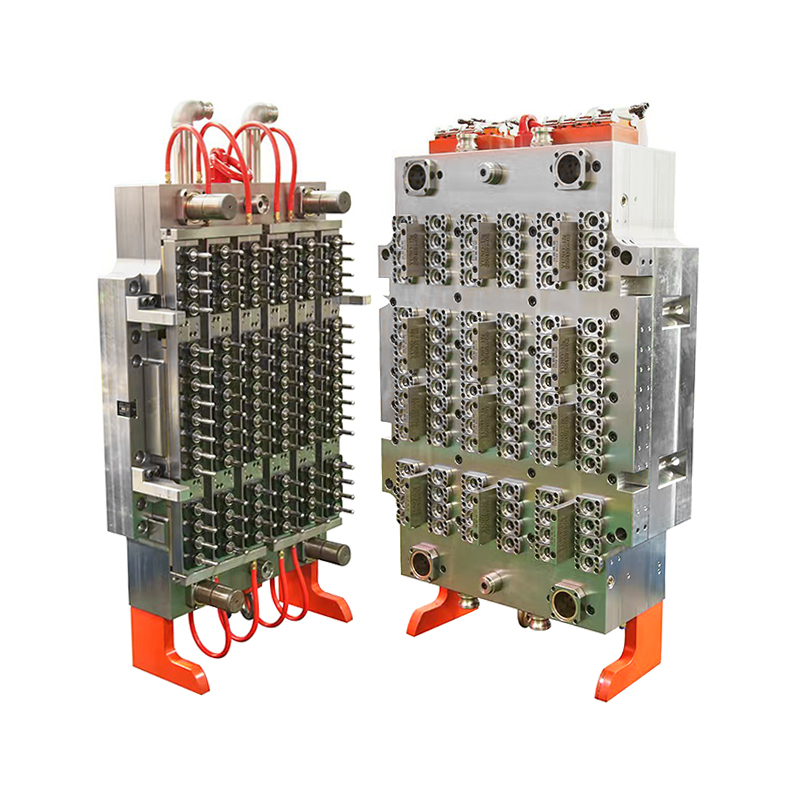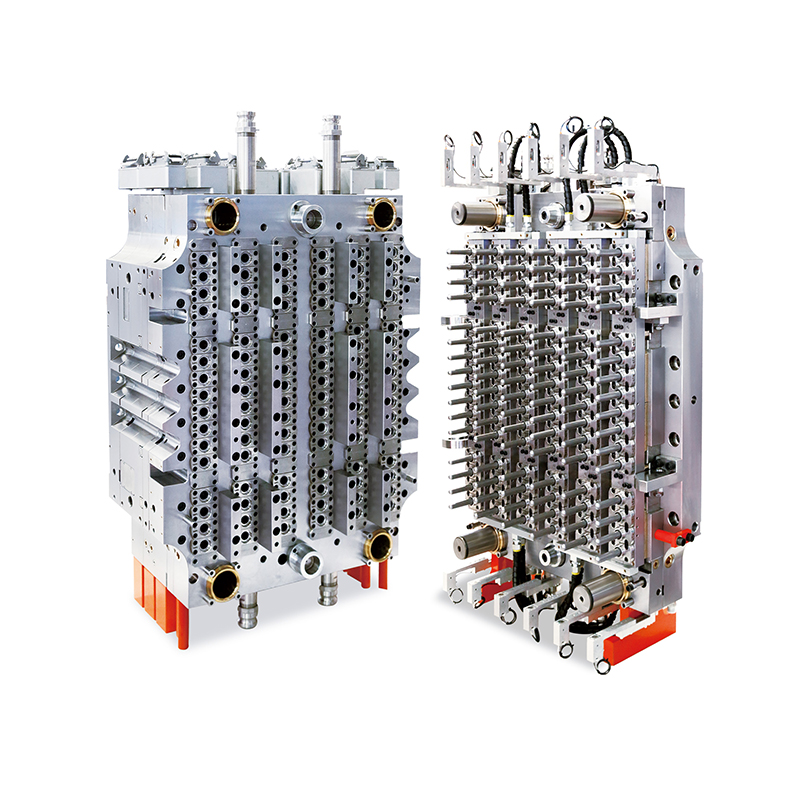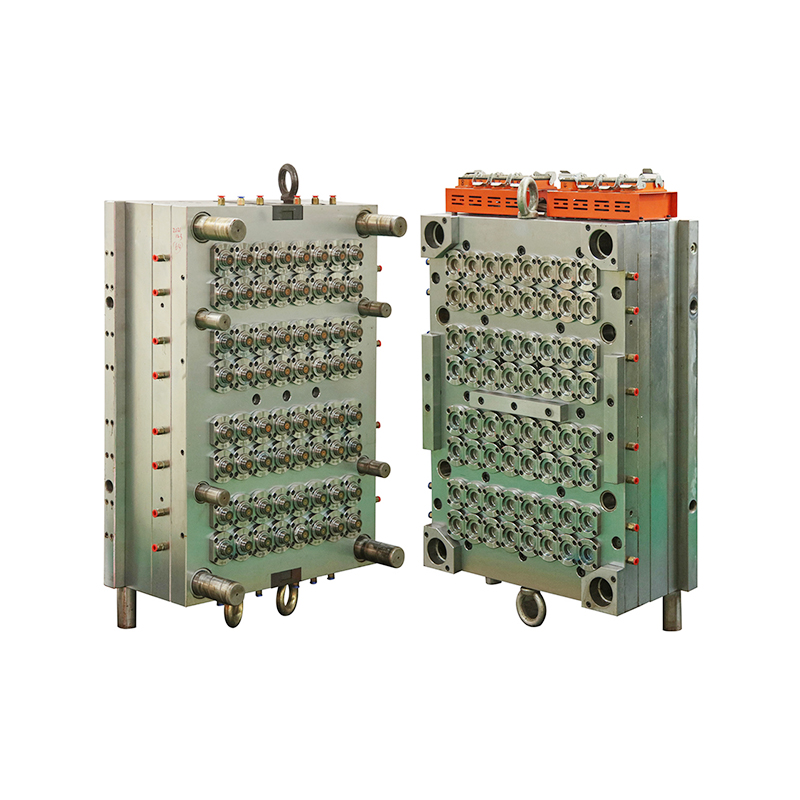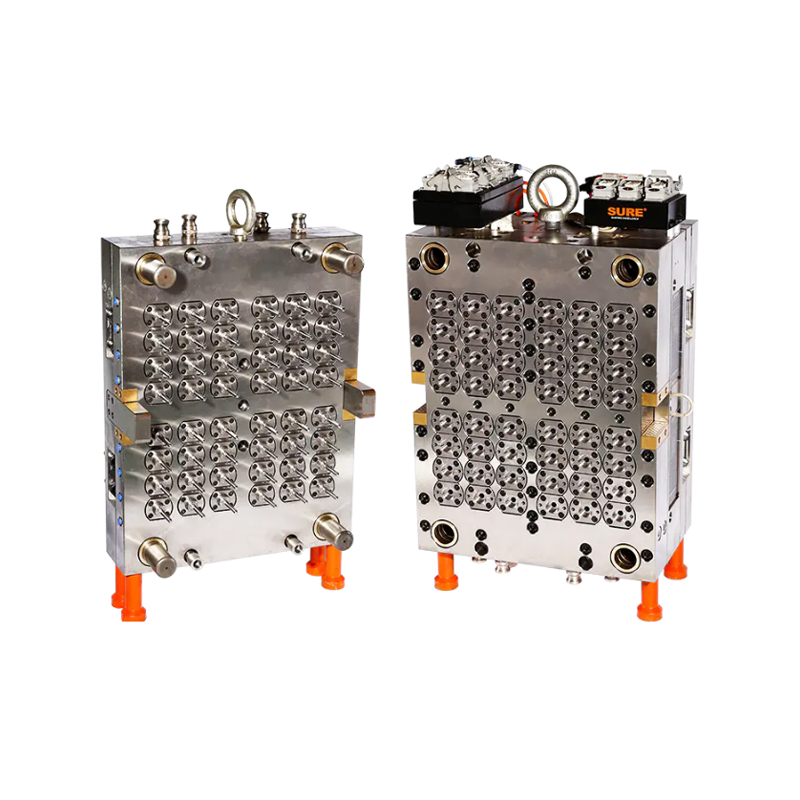No.148 Yongda Road, Jiangkou Street, Huangyan, Taizhou, Zhejiang, China.
Medical Molds Shaping the Future of Healthcare
In the medical industry, precision and reliability are paramount. A key element in ensuring that medical devices, components, and equipment meet the highest standards of quality is the use of advanced medical molds. These molds are vital in the production of everything from syringes and implants to diagnostic tools and surgical instruments.
Precision Manufacturing: Ensuring Safety and Reliability
Medical molds are designed with extreme precision to meet the rigorous requirements of the healthcare industry. Unlike molds used in other industries, medical molds must adhere to strict standards to ensure that each product is safe, effective, and of the highest quality. The ability to replicate intricate designs with a high degree of accuracy is essential when creating medical devices such as implants, catheters, or surgical instruments.
The use of advanced mold-making technologies, allows manufacturers to create highly complex parts with fine details. These tools ensure that the molds are precise, minimizing the risk of defects that could jeopardize patient safety. Through advanced molding techniques, manufacturers can guarantee that every product meets the exact specifications required for proper function.
Customization and Personalization: Tailoring Medical Solutions
One of the key advancements in the medical molding industry is the ability to create highly customized products.For instance, in orthopedics, customized molds are used to create prosthetic limbs that are specifically designed to fit the patient’s residual limb. Similarly, dental molds are used to create crowns, bridges, and other oral devices that are customized to the shape of an individual’s teeth. By using advanced mold-making techniques, healthcare providers can offer solutions that are not only functional but also better suited to the needs of the individual patient.
This ability to personalize products has been particularly transformative in the field of orthopedics and dental care, where patient-specific treatments are essential for achieving the best outcomes. Medical molds have become integral to ensuring that these personalized devices provide both comfort and long-term effectiveness.
Quality Control: Meeting Strict Regulatory Standards
Medical devices must meet stringent regulatory standards to ensure they are safe for patient use. The molding process, including the materials used, the design, and the final product, must undergo rigorous testing to ensure it meets these standards.
To ensure consistent quality, medical mold manufacturers must implement robust quality control processes at every stage of production. This includes monitoring mold precision, ensuring material compatibility, and conducting thorough testing of each batch of medical devices. The molds themselves are subject to frequent inspections to identify any potential issues that could affect the performance of the final product. Any deviation from the required standards can lead to product recalls or safety issues, which makes strict adherence to regulatory standards a top priority in the medical mold manufacturing process.
Cost Efficiency and Scalability: Optimizing Production
High-precision molds allow for the mass production of medical devices with minimal variation, ensuring that manufacturers can produce large quantities of high-quality products without compromising on safety or functionality.
Advanced molding techniques also support scalability in production. The use of automated molding processes allows for faster production times, reducing labor costs and increasing throughput. This scalability is essential in responding to the global demand for medical products, particularly in response to health crises like pandemics, where quick ramp-up times for critical supplies such as ventilators and personal protective equipment are needed.


 英语
英语 法语
法语

















